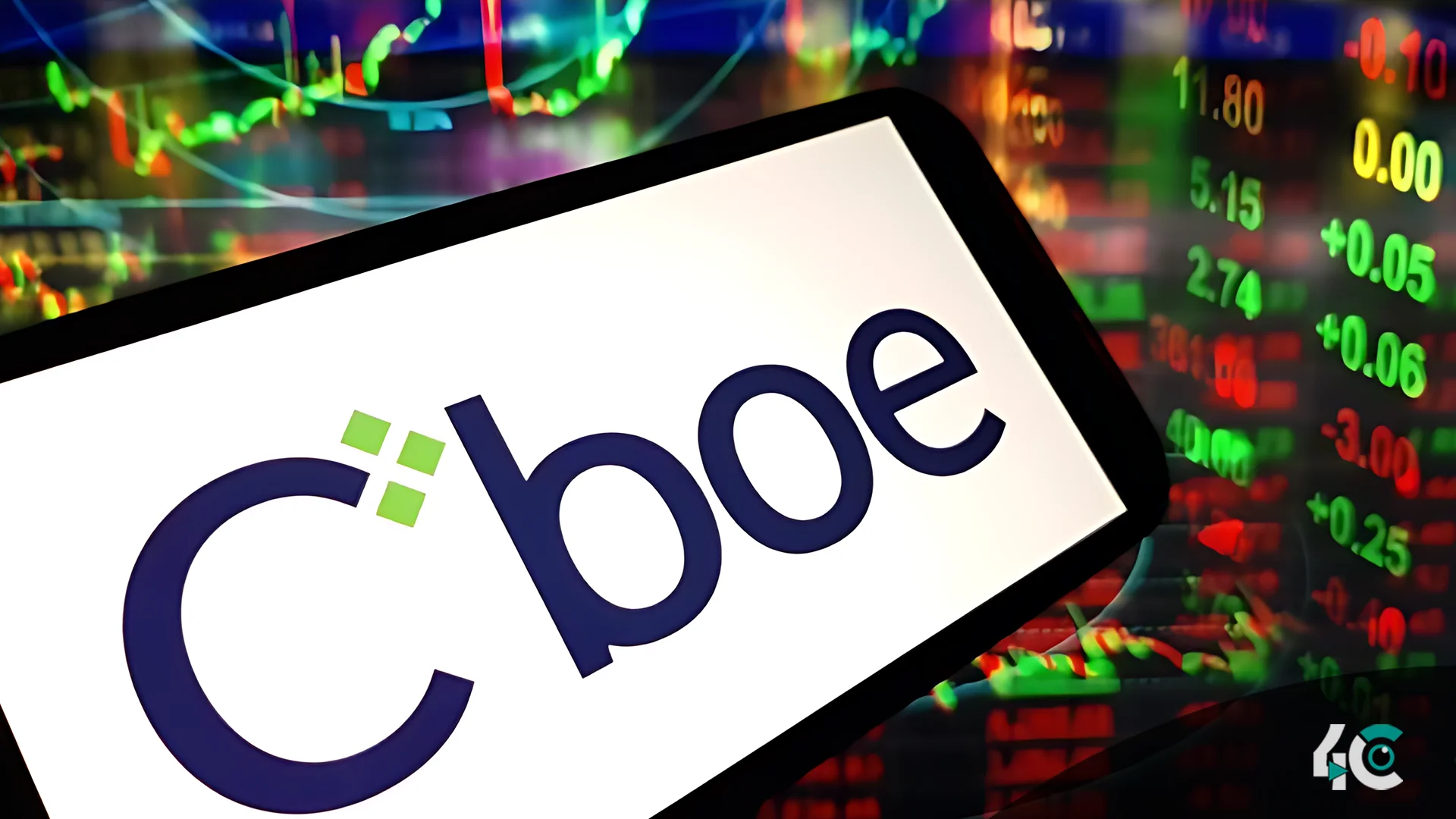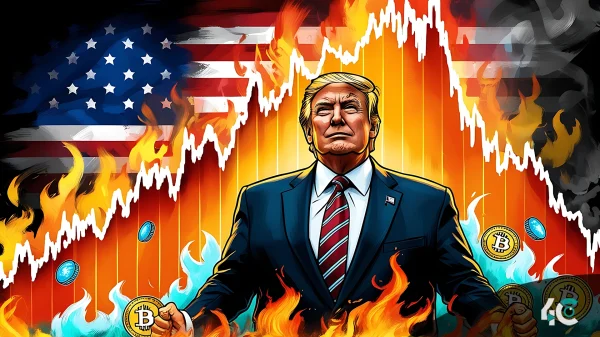Cboe Global Markets, a large derivatives and securities exchange, wants to offer 24-hour trading for US equities on weekdays. The decision, announced on February 3, aims to increase market accessibility for global investors, notably in Asia-Pacific regions including Hong Kong, Japan, Korea, Singapore, and Australia.
According to Oliver Sung, Cboe’s Head of North American stocks, investors globally have voiced a need for continuous access to US stocks trading. Cboe is confident in its capacity to efficiently handle this 24×5 trading model, drawing on its experience operating around-the-clock markets.
Currently, Cboe provides near-continuous trading for some derivatives, such as S&P 500 Index options and currency markets. The proposed extension would align equities trading with these products, allowing investors to react to global economic movements in real time. However, the 24-hour trading model will not apply on weekends.
The push for extended trading hours comes as established exchanges understand the need for real-time trading, especially with the rise of tokenized real-world assets (RWAs). Decentralized exchanges based on blockchain networks have already enabled 24-hour trading for these assets, threatening traditional trading practices.
Other exchanges are considering similar expansions. In August, 24X National Exchange filed an application to establish a securities exchange that would allow the continuous trading of cryptocurrency ETFs. Meanwhile, the New York Stock Exchange is considering extending the trading day to 22 hours for some assets.
The emergence of RWAs has played a critical role in this transition. As of February 3, the total value of RWAs had surpassed $17.1 billion, with over 82,000 asset holders. According to industry estimates, this market might rise more than 50 times by 2030, offering a global opportunity worth $30 trillion.
The Securities and Exchange Commission (SEC) must still approve Cboe’s plan and coordinate with industry participants to ensure smooth implementation. If authorized, this change has the potential to transform traditional equities trading, bringing it closer to the 24/7 nature of crypto markets and other digital assets.















































